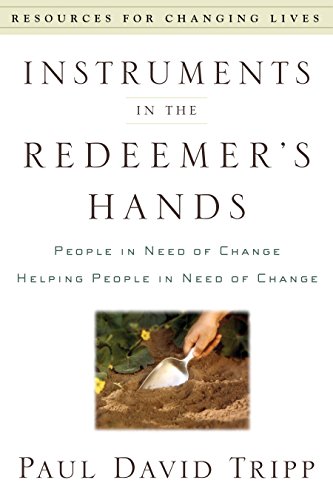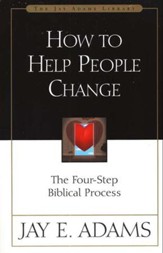1. Want to be Well Known or Important (Isaiah 14:13-15; James 3:13-16; Romans 12:6). 2. Sinfully Competitive. 3. Want to Impress People (Luke 10:38-42). 4. Draw Attention to Myself (Proverbs 27:2). 5. Like to Talk About Myself. 6. Deceitful and Pretentious (Psalm 24:3-4, 26:2-4; Jeremiah 48:10; Proverbs 26:20-26). 7. Desire Recognition and Praise (John 5:41-44; Matthew 6:1, 23:5-7). 8. Not Fulfilled Serving Others (John 3:30). 9. Self Sufficient (Matthew 4:4; John 15:5; Acts 17:25; 2 Corinthians 12:7-10). 10. Anxious (Psalm 4:8; Philippians 4:6-7; 1 Peter 5:6-7). 11. Self Focused (Exodus 4:11; Job 10:8-11; Psalm 139:13-16; Isaiah 53:2; Jeremiah 1:5). 12. Fear Man (Proverbs 29:25). 13. Insecure. 14. Compare Myself. 15. Perfectionist. 16. Self Serving (Philippians 2:19-22). 17. Feel Better or Superior. 18. Think Highly of Myself (Romans 12:3, 16; James 2:1-4). 19. Credit Myself (1 Corinthians 4:6-7; 15:10). 20. Self Righteous (Luke 18:9-14). 21. Feel Deserving. 22. Ungrateful (Luke 17:11-19; Ephesians 5:19-20; 1 Thessalonians 5:16-18; Colossians 3:15-17; Philippians 2:14). 23. Captive to Self Pity. 24. Jealous and Envious (James 3:13-16). 25. Unkind and Harsh (Ezekiel 16:49; Psalm 17:10; Proverbs 24:17-18; Luke 10:25-37). 26. Love to Reveal My Mind (Proverbs 18:2). 27. Know It All (1 Corinthians 8:1). 28. Like People to Know I Know. 29. Hard to Admit I Don‟t Know. 30. Don‟t Listen to Ordinary People. 31. Interruptive. 32. Don‟t Get Much Out of Teaching. 33. Thinking of Others During Teaching. 34. Not Teachable (Proverbs 12:1). 35. Don‟t Admit Wrong Doing (Proverbs 28:13; James 5:16). 36. Do Not Welcome Correction (Proverbs 15:12). 37. Resent People Who Correct Me (Proverbs 9:7-9). 38. Contentious and Argumentative (James 1:19-20). 39. Get Angry or Offended With Others (1 Corinthians 6:7). 40. Constantly in Conflicts (Proverbs 13:10). 41. Have Little Esteem or Respect for Others (Numbers 16:1-3). 42. Do Violence with My Mouth (Psalm 101:5; Romans 3:13-14; 3 John 1:9-10). 43. Sow Discord (Proverbs 28:25). 44. Demean or Belittle Others. 45. Critical. 46. Self Willed and Stubborn. 47. Independent (Proverbs 18:1; Luke 1:51-52). 48. Unaccountable (Acts 2:42; Hebrews 10:25). 49. Unsubmissive (Hebrews 13:17; 1 Peter 5:5). 50. Feel Mature.
1

















